Water is an essential part of life for all animals, including cats. Despite their reputation for being low-maintenance pets, cats require proper hydration to maintain optimal health and function. From regulating body temperature to supporting organ function, water plays a critical role in a cat’s overall well-being.
Cats’ Natural Hydration Behaviors

Cats are descendants of desert-dwelling ancestors, which has influenced their hydration methods. Historically, these animals relied less on direct water consumption and more on moisture obtained from their prey. This natural behavior persists in domestic cats today, which can sometimes lead to challenges in ensuring they consume enough water, especially those on dry kibble diets.
Daily Water Requirements for Cats
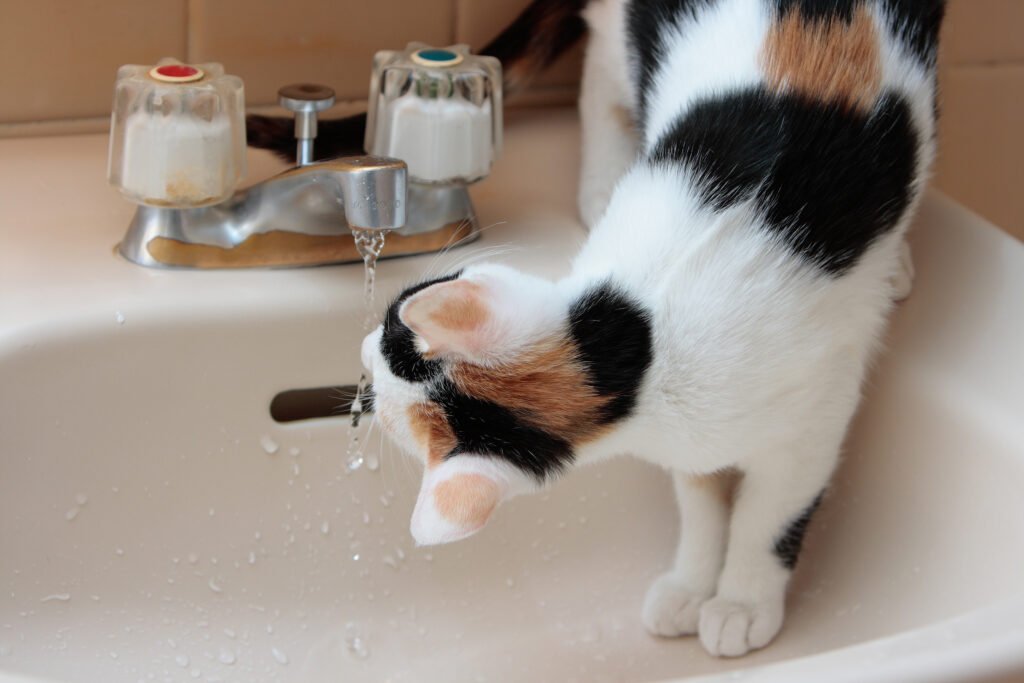
The amount of water a cat needs can vary depending on factors like age, diet, and activity level. On average, a healthy adult cat requires approximately 3.5 to 4.5 ounces of water per 5 pounds of body weight daily. Cats eating wet food may need less direct water intake, as the moisture content in canned food contributes significantly to their hydration.
Signs of Dehydration in Cats
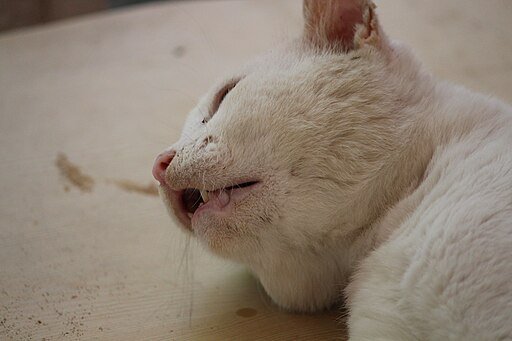
Recognizing the signs of dehydration in cats is crucial for pet owners. Symptoms include dry gums, lethargy, sunken eyes, decreased skin elasticity, and a rapid heart rate. If dehydration is suspected, it is essential to consult a veterinarian promptly as it can lead to severe health issues, including kidney failure.
Health Benefits of Proper Hydration
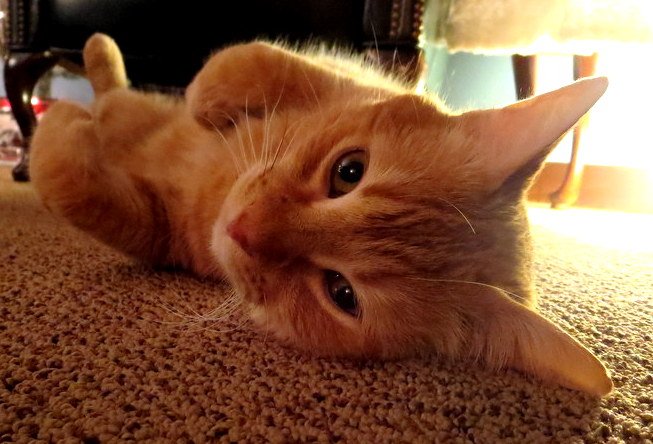
Proper hydration offers numerous health benefits for cats, influencing nearly all physiological processes. Adequate fluid intake supports kidney function, aids digestion, and helps regulate body temperature. Well-hydrated cats are generally healthier, with a lower risk of urinary tract infections, constipation, and chronic kidney disease.
Water’s Role in Kidney Health

Cats have a unique renal physiology that makes them particularly susceptible to kidney-related issues. Proper hydration is paramount in supporting kidney health by facilitating waste elimination through urine. Hydrated cats produce more diluted urine, reducing the risk of crystal and stone formation, which can lead to blockages and kidney disease.
Preventing Urinary Tract Issues
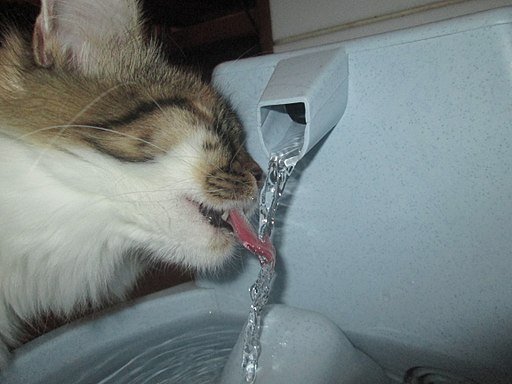
Maintaining proper hydration is critical in preventing urinary tract problems in cats. Cats that are well-hydrated are less likely to develop urinary tract infections (UTIs) and urinary crystals. Increasing water intake helps ensure regular urination, which flushes toxins and minimizes the risk of inflammation and infections.
Aiding Digestion and Promoting Appetite
Water plays a vital role in digestion, helping to break down food and absorb nutrients effectively. Proper hydration ensures that cats’ digestive systems function optimally, preventing issues like constipation. Additionally, well-hydrated cats are more likely to maintain a healthy appetite, which is crucial for overall health and vitality.
Encouraging Your Cat to Drink More Water
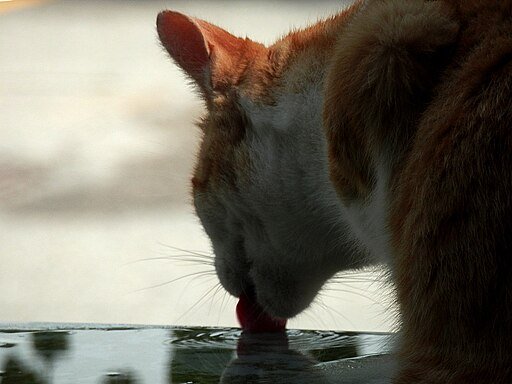
Promoting good hydration habits in cats can sometimes require creativity. Offering clean, fresh water at all times and experimenting with different types of bowls can make a difference. Some cats prefer running water, making a pet water fountain an appealing option. Feeding wet food can also help increase fluid intake, contributing to overall hydration.
The Impact of Diet on Hydration
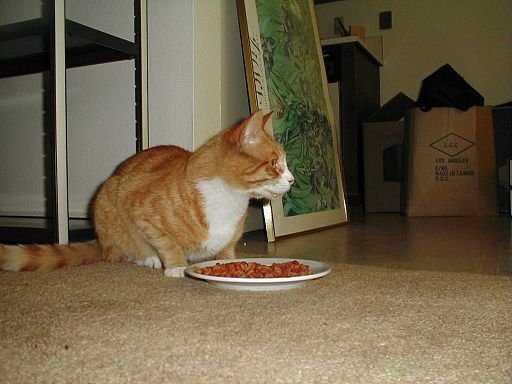
The type of diet you provide your cat significantly affects their hydration levels. Dry kibble contains little moisture and necessitates an increased water intake to maintain hydration. On the other hand, wet food contains up to 80% moisture, contributing significantly to daily water intake and reducing the risk of dehydration.
Consulting a Veterinarian for Hydration Tips
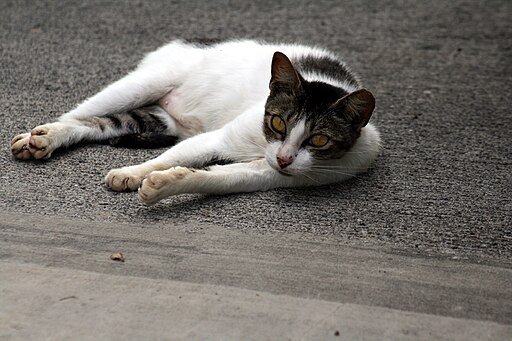
While general tips can help encourage cats to drink more water, every cat is different, and some may have specific needs or health conditions that affect hydration. Consulting with a veterinarian is essential for personalized advice on maintaining proper hydration in your feline companion and addressing any concerns related to water intake and overall health.





